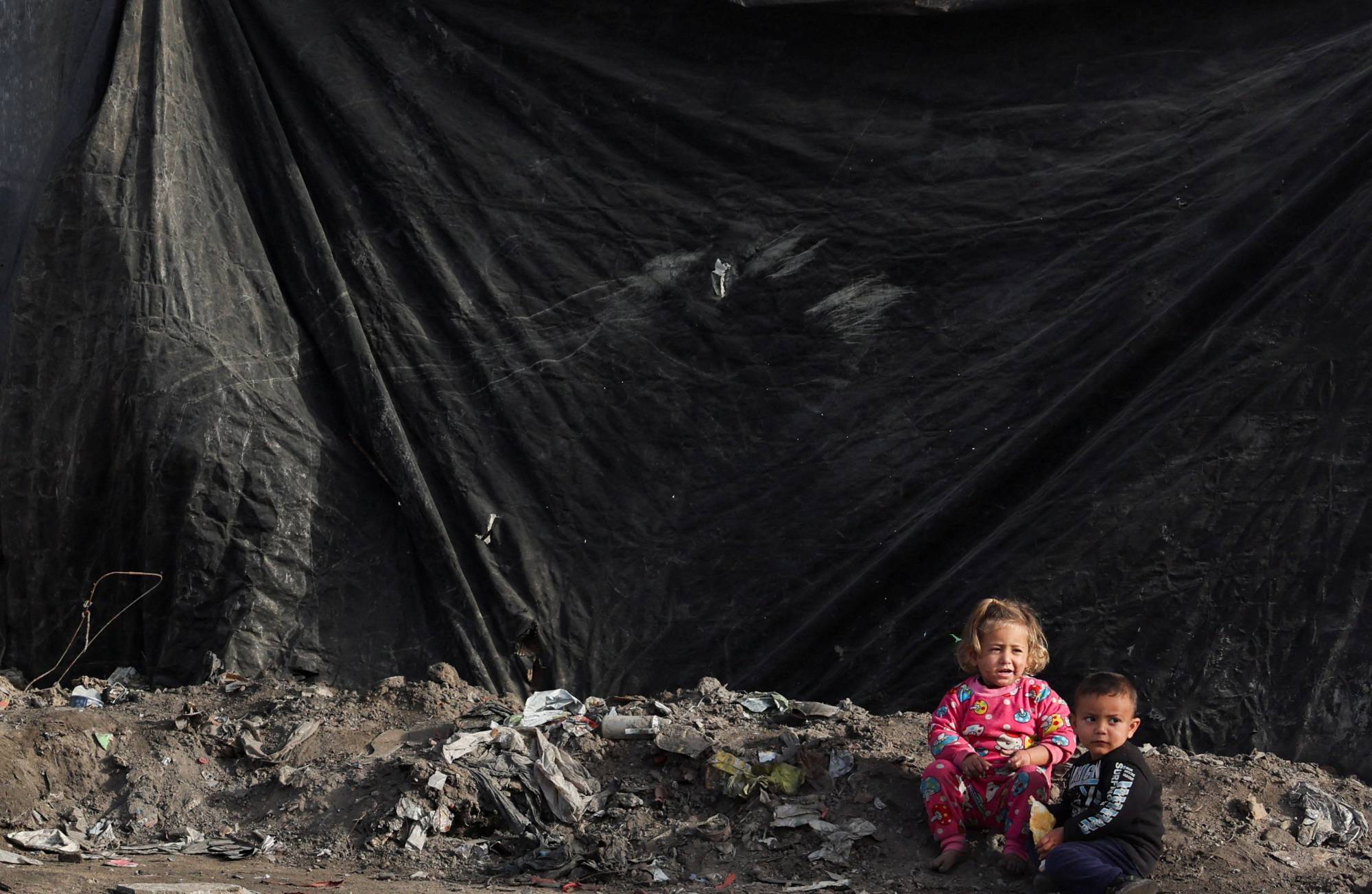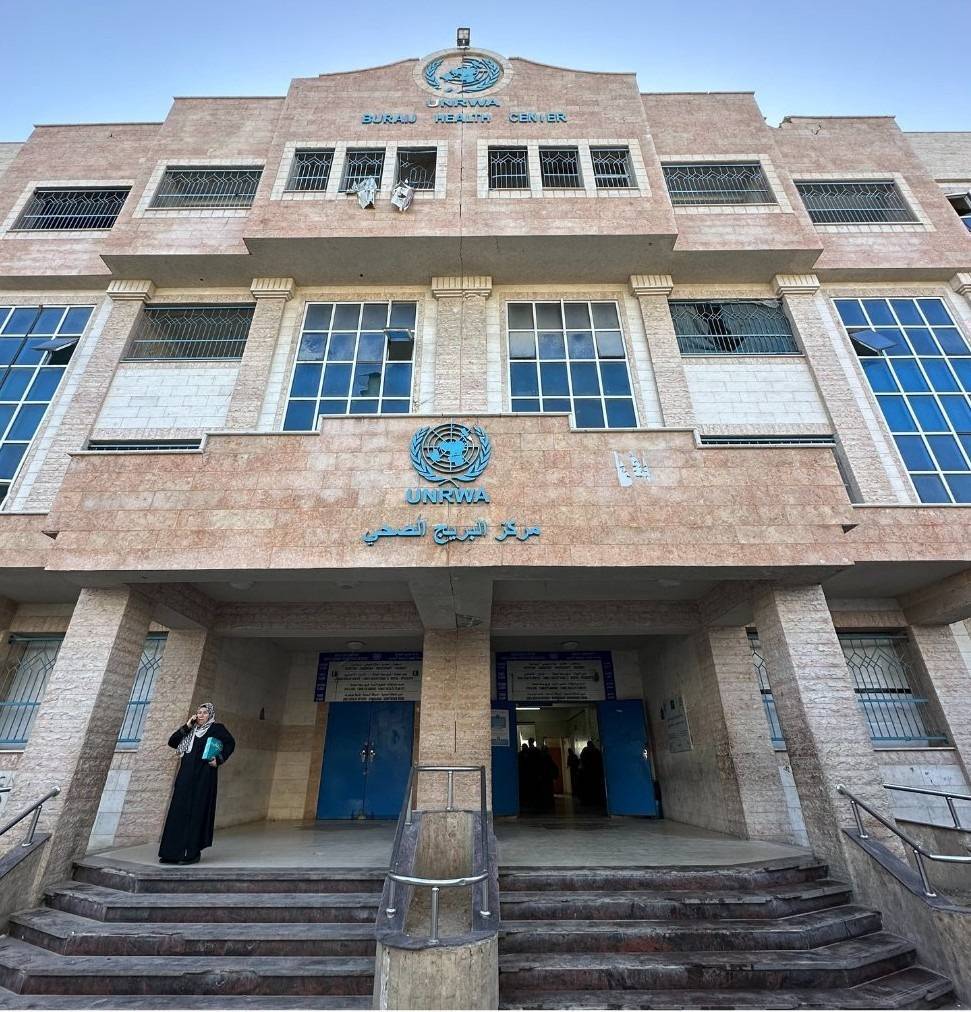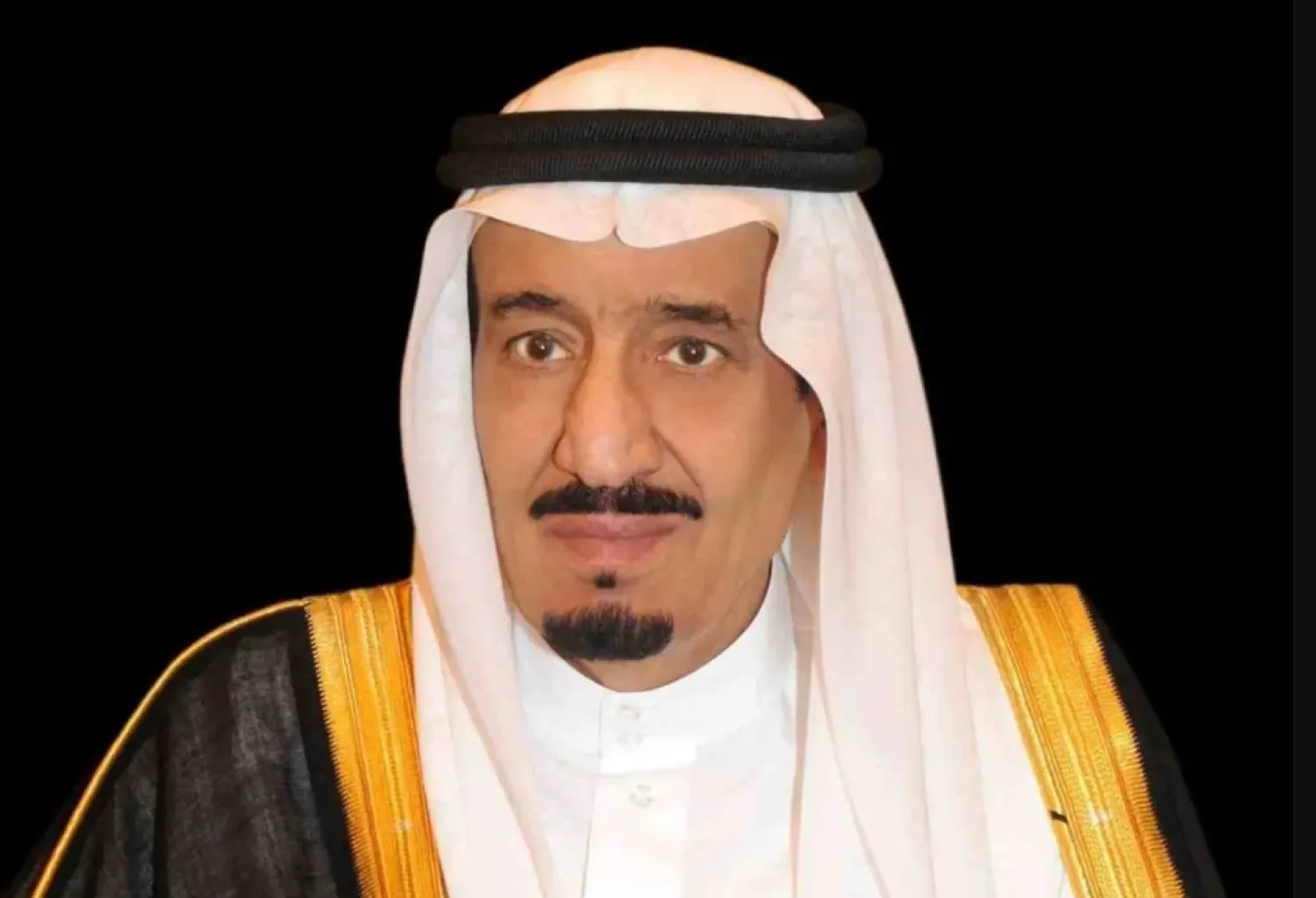The United Arab Emirates uncovered plans to revive the Muslim Brotherhood within the country, according to a report published on Friday by the Emirati news agency, WAM.
“Investigations conducted by the Public Prosecution, under the supervision of the Attorney-General, have uncovered a new secret organization operating outside the country formed by fugitive members of the Reform Call Organization, which is classified as a terrorist organization within the country and was slated for dissolution in 2013,” the report said.
“The new organization aims to revive the previous group and pursue similar objectives,” it added.
The State Security Department has been monitoring fugitives from various emirates who were sentenced in absentia in 2013, the report noted.
“This surveillance revealed two groups of the organization’s members who convened abroad and recruited others to form a new organization,” it added.
Also, investigations revealed that they received funding from sources within the UAE and from other terrorist groups and organizations outside the country.
The investigations further revealed that the organization has established alliances with other terrorist groups to collaborate across media, economic, and educational sectors.
These efforts are intended to strengthen ties, secure funding, maintain the organization's presence, enhance protection mechanisms abroad, and achieve its objectives, the report said.
In one country, WAM said the group is associated with several fronts posing as charitable or intellectual organizations and television channels, the most notable being the Cordoba Foundation (TCF). Classified as a terrorist organization in the country since 2014, TCF presents itself as a Middle Eastern “think-tank” institution.
It said the group is led by Anas Altikriti, a leader of the Muslim Brotherhood residing abroad, who played a significant role in organizing demonstrations in front of UAE embassies and international organizations.
WAM revealed that the fugitive members communicated in secret meetings via internet applications and through mutual visits between the two groups.
The confessions of an arrested member of the organization detailed the group’s structure and activities, and the roles of its members in threatening stability.
These activities include leading smear campaigns, promoting hate speech, questioning the state's achievements, spreading discord among the populace, financing terrorism, engaging in money laundering, and cooperating with foreign intelligence services to destabilize state security.
They also incited actions against official institutions, targeted the UAE on human rights issues, sought to weaken confidence in the government, and stirred public opinion through fake online pages and accounts created for this purpose.
Some members engaged directly with international human rights organizations, providing false information about state authorities to be used in negative reports against the UAE, the WAM report said.
A team from the Public Prosecution is currently conducting intensive investigations to verify details from the confessions of the arrested member and from the State Security Department's findings, it added.
The Public Prosecution is expected to release details of the terrorist organization and its crimes upon the completion of the probe.











